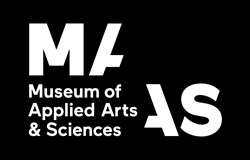When: Wednesday 14th November, 2:40pm – 3:40pm
Where: L2, Level 2 to the left of the registration/foyer area, down the hallway and through the doors on the right
Hashtag: #W17
How we “see” science is very important in how we communicate it. The attention span of people in this day and age is a lot shorter than it used to be so grabbing someone’s attention with a great visual is invaluable.
Hear from the speakers about how they are bringing the sight of science to the masses.
The session is structured into three 15-minute talks and will wrap-up with a 15-minute Q&A for delegates questions and comments.
The session will include the following talks:
- The breathtaking circus of photosynthesis: communicating the most important biological process on Earth – Natalia Bateman
- Pixcells: when digital art meets science – Andrew Lilja
- A comparison of two techniques for visualising antibiotic dispensing over time: the run chart versus Nightingale’s rose diagram – Michael Leach
Session Producer
Session Chair
